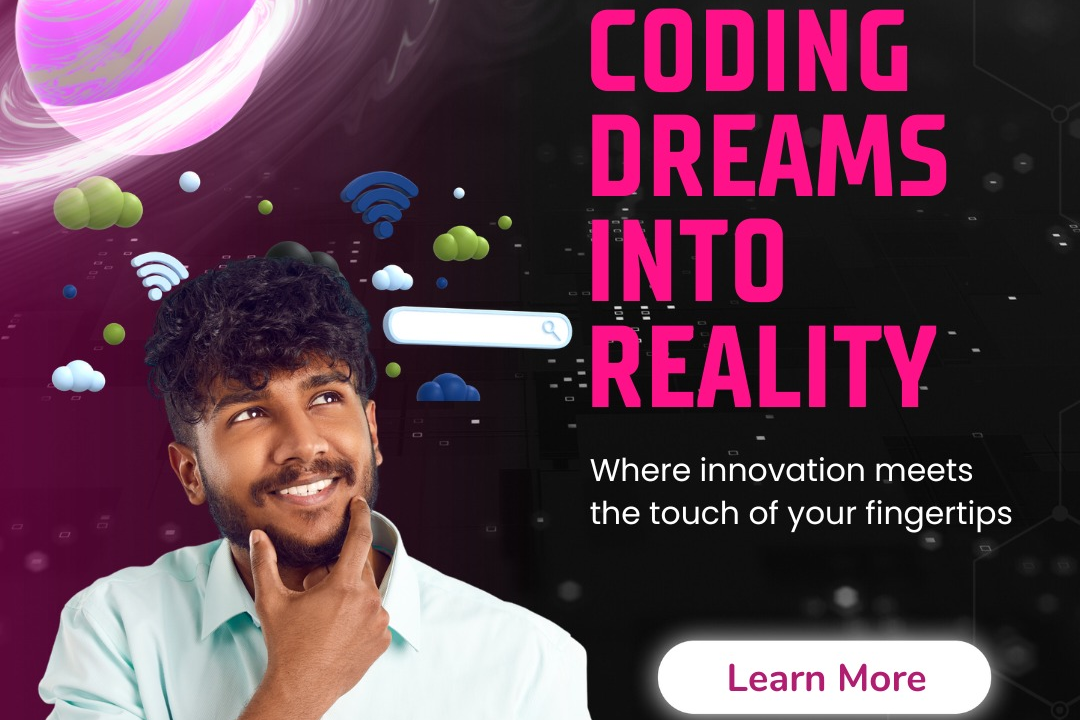Java for remote access solutions
Enhanced Remote Access Solutions with Java
Java for remote access solutions
Java is a versatile programming language that has been widely employed in developing remote access solutions due to its platform independence, robustness, and extensive libraries. Utilizing Java's capabilities, developers can create applications that enable users to access and control remote systems securely over various networks. The language supports socket programming, which facilitates the establishment of communication channels between client and server applications. Additionally, Java’s built-in security features, such as the Java Security Manager and encryption libraries, ensure that data transmitted during remote sessions is secure. Furthermore, frameworks and tools built on Java, like Java RMI (Remote Method Invocation) and Jini, enhance the ease of creating distributed systems that allow remote accessibility, making Java a favored choice for building remote access solutions in a range of industries.
To Download Our Brochure: https://www.justacademy.co/download-brochure-for-free
Message us for more information: +91 9987184296
1 - Introduction to Java: An overview of Java as a programming language, its features, and its platform independence due to the Java Virtual Machine (JVM).
2) Remote Access Fundamentals: Explanation of remote access concepts, including what it means to access systems over a network and why it is essential in modern computing.
3) Java Networking Basics: Introduction to Java's networking capabilities, including sockets and the Client Server architecture for remote communication.
4) Java RMI (Remote Method Invocation): Detailed study of RMI, a Java API that allows invoking methods on an object located in a different JVM over a network.
5) Socket Programming: Practical examples of how to create client server applications using Java Sockets, focusing on the TCP and UDP protocols for reliable data transmission.
6) RESTful Web Services: Understanding how to create RESTful web services in Java using frameworks like Spring Boot, allowing remote interaction over HTTP.
7) Java for Secure Remote Access: Discussing Java's security model and how to implement SSL/TLS for secure data transmission over the network.
8) Java Serialization: Teaching how Java's serialization allows converting Java objects into byte streams for transmission over networks and deserialization on the receiving end.
9) Multithreading in Java: Covering Java's multithreading capabilities to handle multiple remote connections simultaneously and ensuring efficient processing.
10) JavaFX and Remote Access User Interfaces: Utilizing JavaFX to create user friendly interfaces for remote access tools, enhancing user experience.
11) Database Connectivity: Introduction to JDBC (Java Database Connectivity) for remote database access and how to manage data retrieval and storage in distributed applications.
12) Error Handling and Debugging: Best practices for error handling in remote applications, including timeouts, exceptions, and maintaining application stability.
13) Testing Remote Applications: Overview of testing methodologies for remote access applications, including unit, integration, and load testing strategies.
14) Cloud Computing Integration: Exploring how Java can interface with cloud services, enabling remote access to cloud based resources and applications.
15) Real world Applications and Case Studies: Analyzing existing remote access solutions developed in Java, including case studies from various industries to inspire practical solutions.
16) Future Trends in Remote Access: Discussion on emerging technologies like IoT, AI integration, and how they influence remote access solutions in Java.
17) Hands on Projects: Engaging students through practical projects where they develop their remote access applications, reinforcing theoretical concepts.
18) Best Practices for Remote Access Development: Guidelines on writing maintainable, scalable, and robust remote access applications with Java.
19) Community and Resources: Information on online forums, user groups, and resources for continued learning and support in Java development.
20) Final Assessment and Certification: An assessment covering all topics discussed, culminating in certification to validate the students' knowledge and skills in developing remote access solutions using Java.
By structuring the training program this way, students will gain a thorough understanding of Java and its applicability in remote access solutions, preparing them for real world challenges.
Browse our course links : https://www.justacademy.co/all-courses
To Join our FREE DEMO Session: Click Here
Contact Us for more info:
- Message us on Whatsapp: +91 9987184296
- Email id: info@justacademy.co
tableau training for beginners












